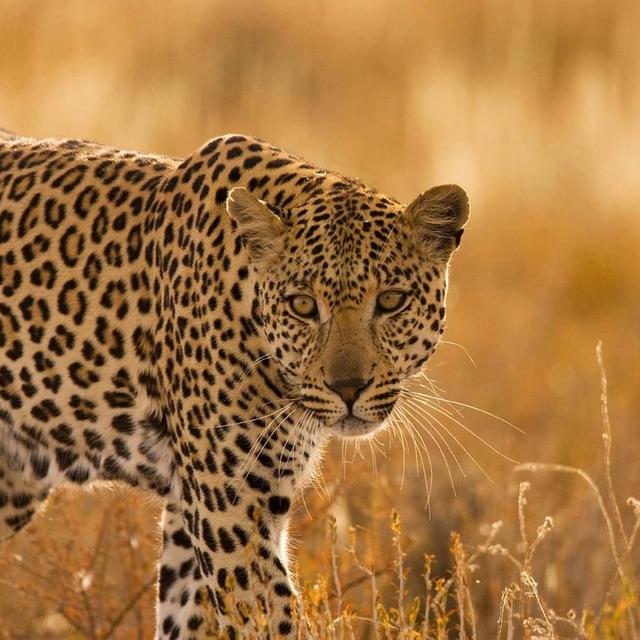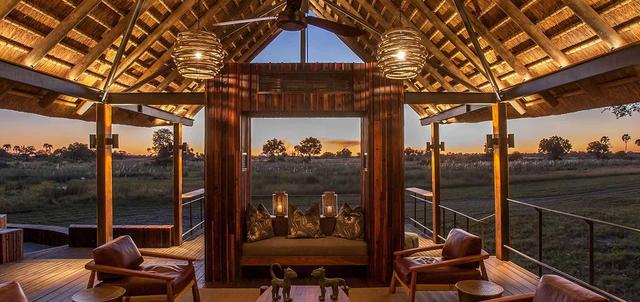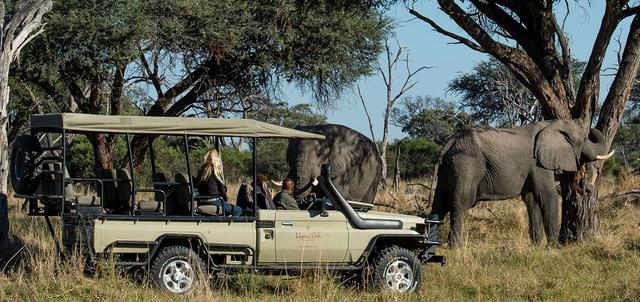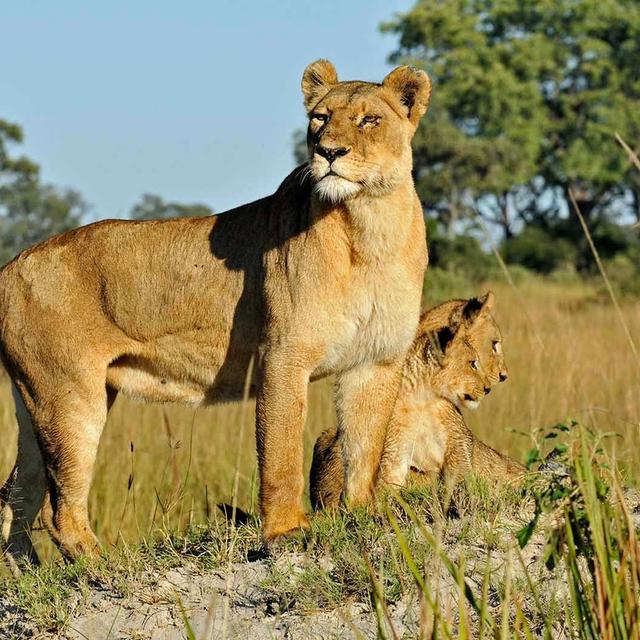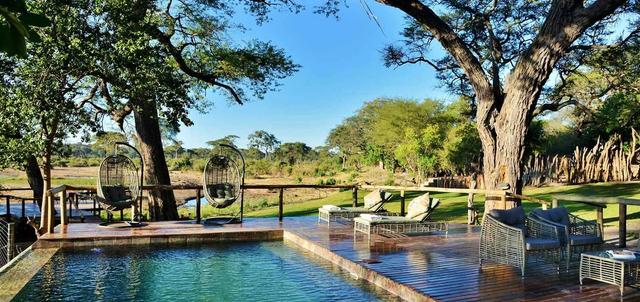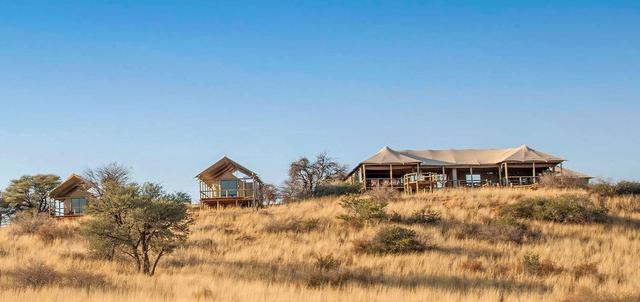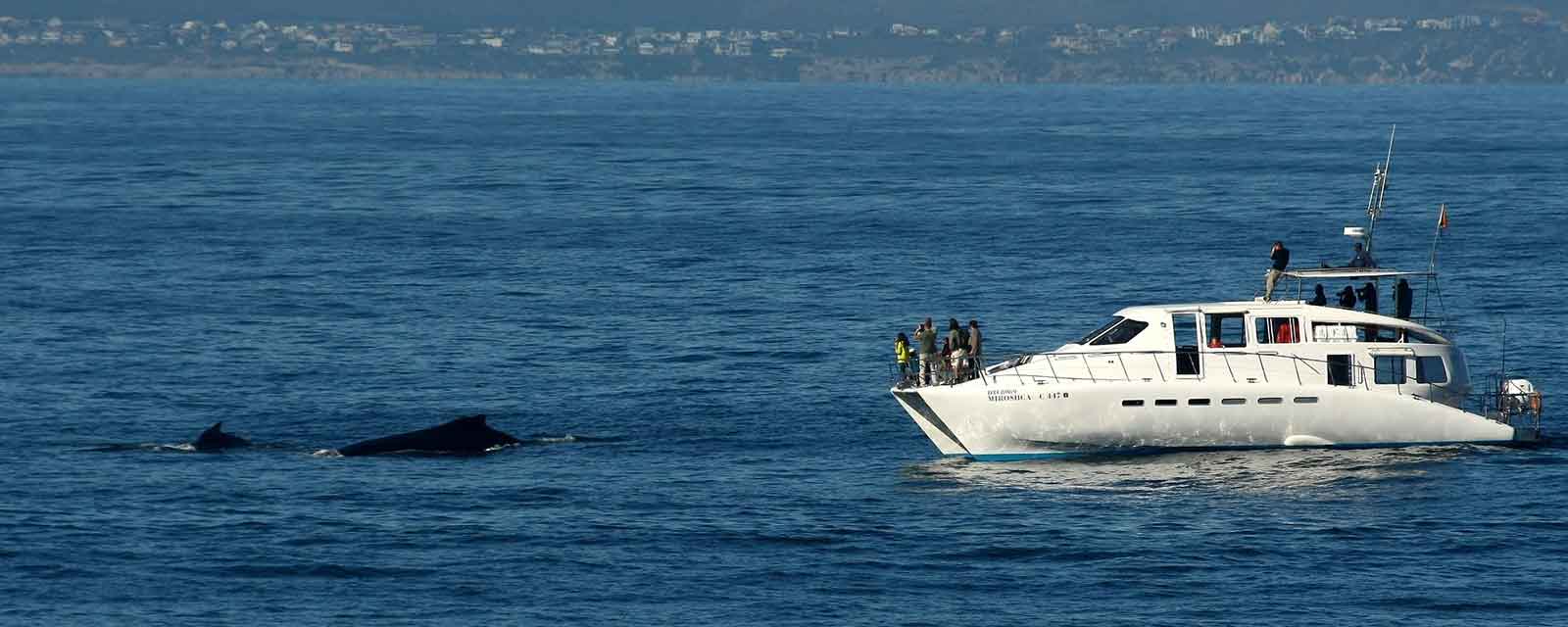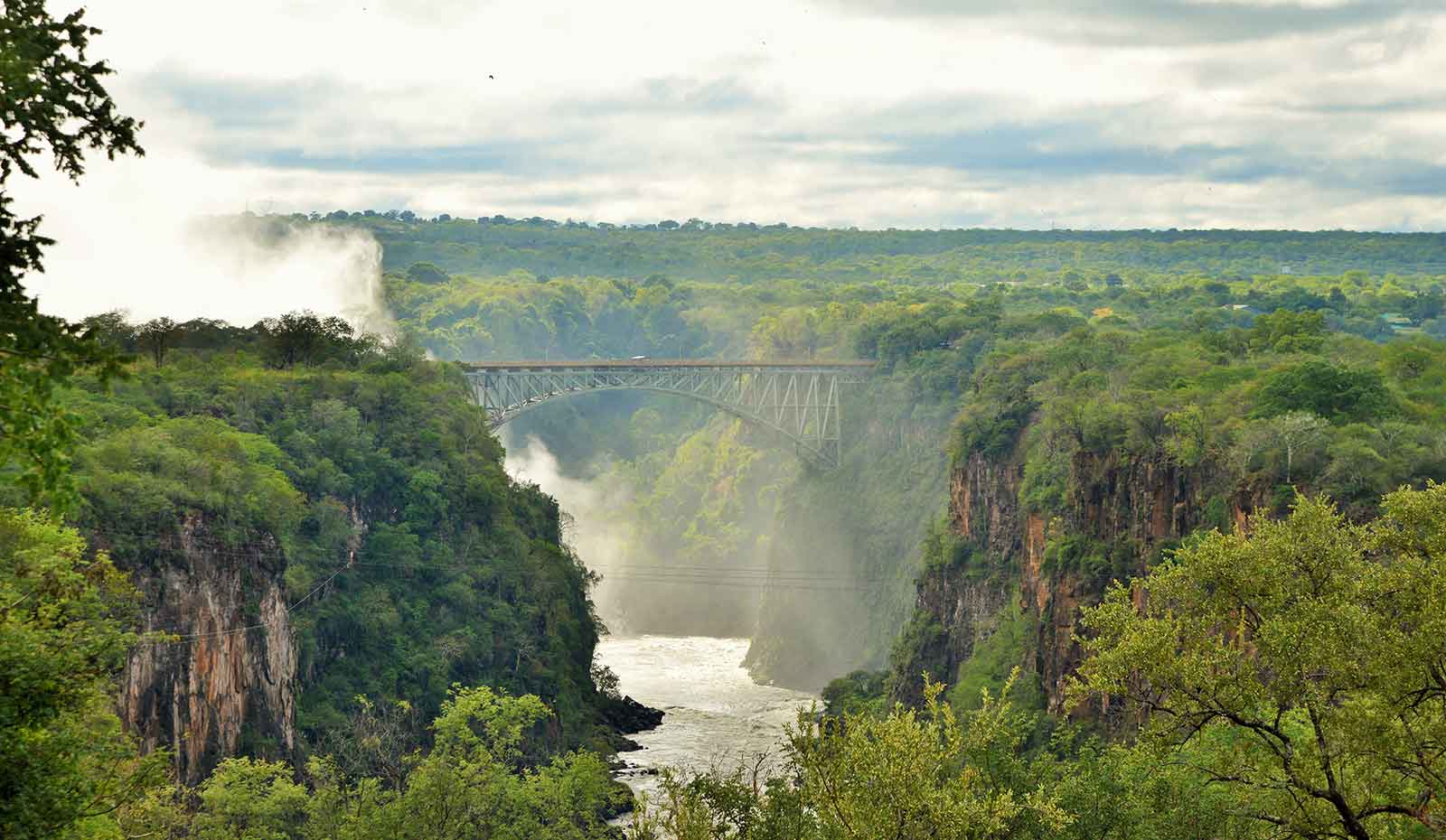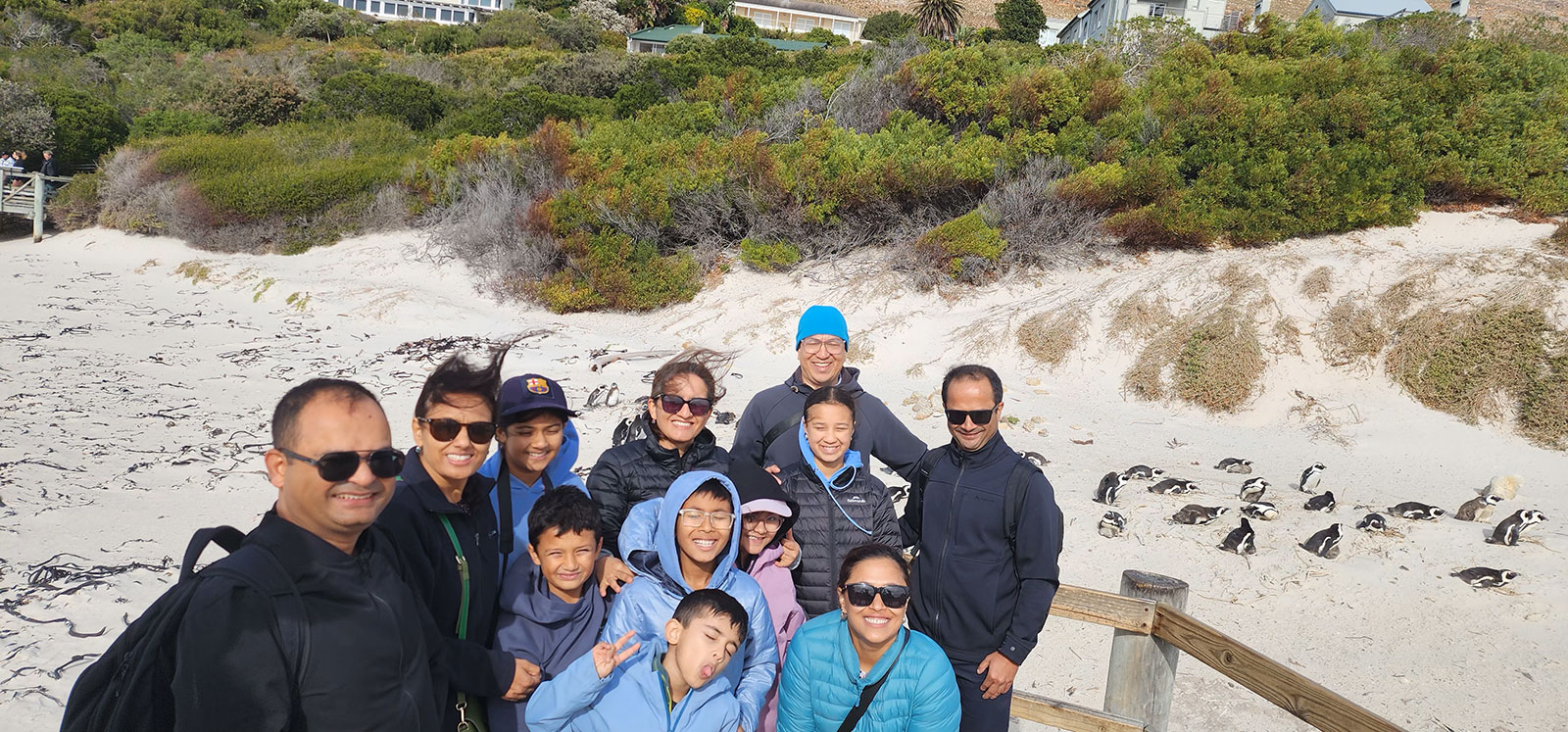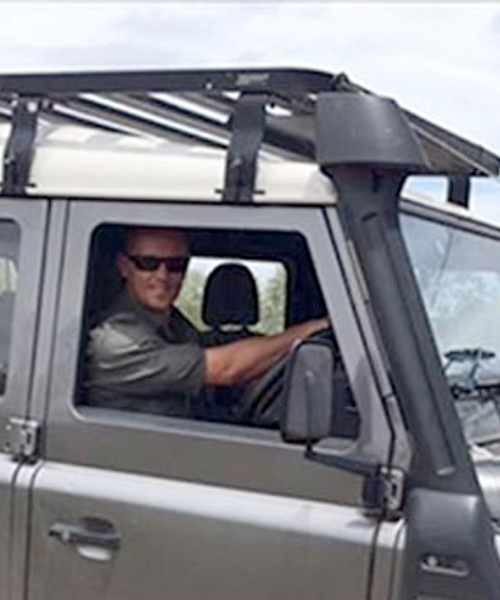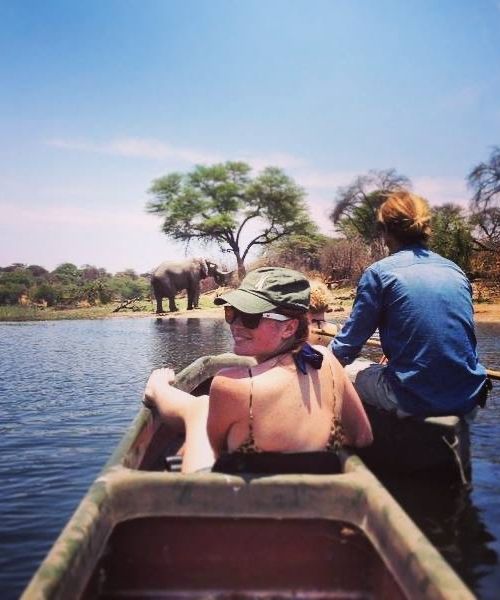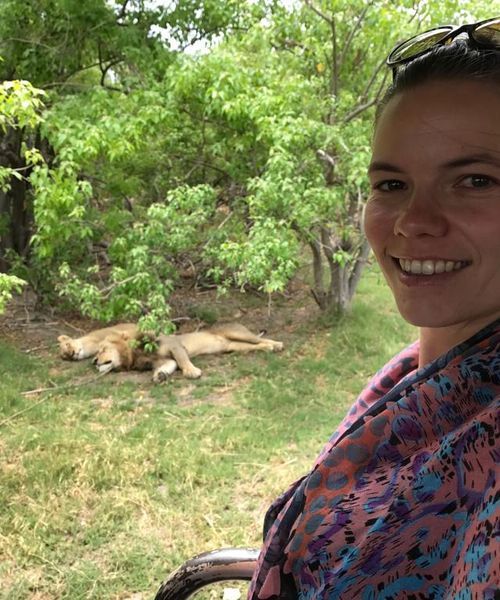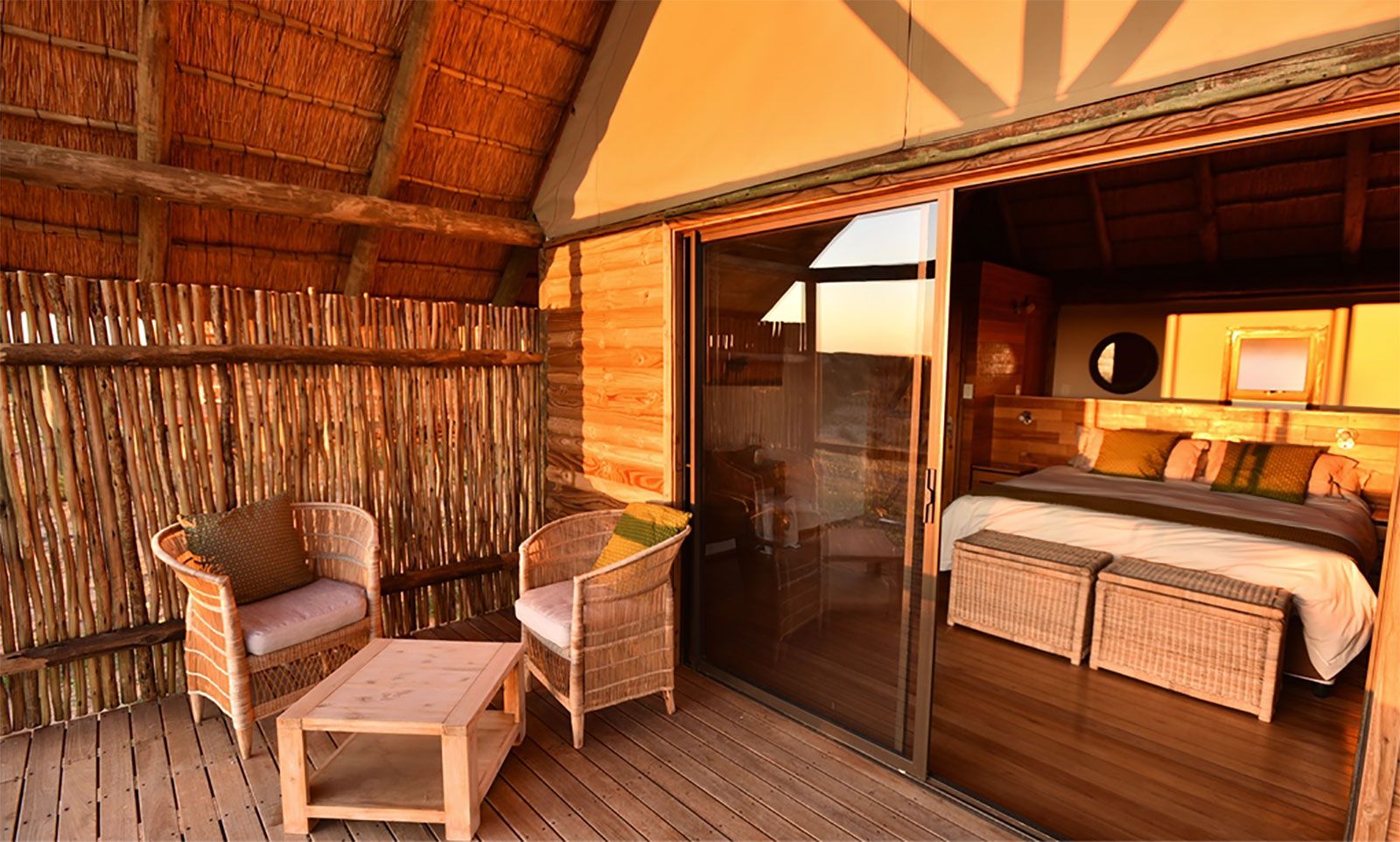
Ta Shebube Rooiputs
The Rooiputs private concession area is located within the Kgalagadi Transfrontier Park on the Botswana side, 25 km north of Two Rivers. Situated off the predator-rich Nossob valley, the lodge is perched along a mature red sand dune, overlooking a waterhole.
Rooiputs Introduction
Rooiputs is located about 25 km north of Two Rivers along the Nossob River Valley. The lodge is perched along a vegetated red sand dune, which is distinctive of the Kgalagadi, and boasts extensive panoramic views made up of acacia savannahs and grassy plains. There is a waterhole adjacent to the camp where Kalahari black-maned lions are known to frequent. This beautiful Park is malaria-free and is characterised by the red rolling Kgalagadi sand dunes, the Kgalagadi dune bushveld with its scattered salt pans, dune crests dominated by tall dune bushman grass, the arid fossil river environment of the Nossob and Auob River valleys, vast open Acacia savannahs and expansive grassy plains.
- Luxury lodge accommodation option in the Kgalagadi.
- Opt to take a full day game drive exploring the Auob or Nossob River Valleys, includes picnic lunch and drinks.
- Visit a local village and interact with the local communities (50 km from Rooiputs).
- The lodge is powered by a solar panel system with silent generators as a back-up.
Rooiputs Game Viewing and Activities
Predators are the area’s big attraction and is home to the black-maned Kalahari lions, as well as, leopard, brown and spotted hyena, jackal and wildcat. The area is one of Africa’s best parks for the cheetah, which thrive by hunting in its fossil river valleys and the surrounding Kalahari dunes. Eighty well established water holes are situated along the Auob and Nossob Rivers, which attract large numbers of game and, therefore, predators, which makes game-viewing at Rooiputs easily accessible and optimal for keen photographers. Through Ta Shebube’s range of expert and personalised desert interpretation and game activities, guests learn about the areas fascinating and specially adapted flora and fauna and are also able to experience the Kgalagadi’s stark beauty and remote desert and feeling of solitude.
